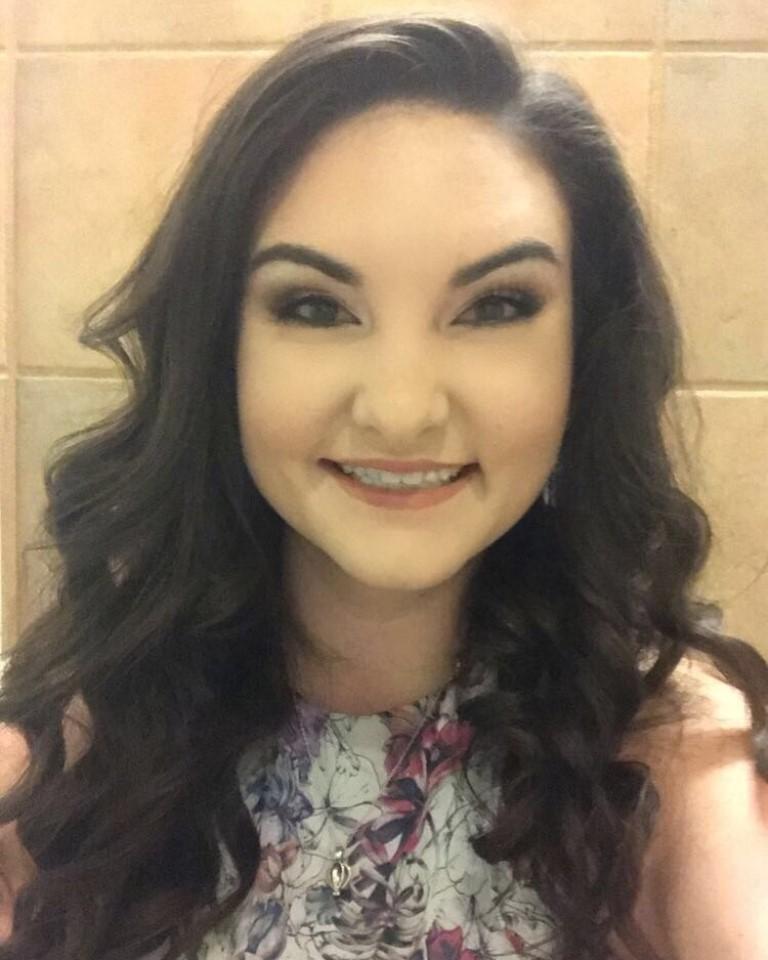Megan Lounds

ALUMNI SPOTLIGHT | APRIL 2019
KU major: Behavioral Neuroscience, Class of 2015
Current occupation: Clinical Research Associate at the Cystic Fibrosis Therapeutics Development Network Coordinating Center
Research mentors while at KU: Dr. Dot Nary, Dr. Jean Ann Summers, Dr. Ric Steele, Katrina Poppert, Tarrah Mitchell, Kelsey Borner
Describe the undergraduate research experience that you had while at KU:
A: I volunteered as an Undergraduate Research Assistant in the Department of Psychology for Dr. Ingram. I helped run participants with his graduate students as well as enter data. I worked as a Student Research Assistant at the Research and Training Center on Independent Living. I implemented literature searches while creating and maintaining Endnote literature databases. I also traveled to small communities around the state and helped lead focus groups. I had the opportunity to work on an abstract submitted to the American Public Health Association 143rd Annual Meeting and Expo. I did an independent study as a Research Coordinator for Dr. Steele. I assisted with the creation and administration of survey packets for elementary school children; programmed, initialized, downloaded, and managed Actigraphy data; assisted in data management, data analysis, and organization of all research materials. I presented at the National Conference in Clinical Child and Adolescent Psychology.
Q: What do you think was the most important thing you learned while doing undergraduate research?
A: I think the independent study was the most valuable part of my undergraduate career at KU. I was able to work closely with Dr. Steele's graduate students and see first-hand what grad school would be like if I chose to go down that path. I also gained real world research skills that I still use today (ex., consent document review, data management, and study procedures). Another benefit to working with Dr. Steele was the networking opportunities. Dr. Steele and I met multiple times to discuss my post-grad plan and he put me in touch with colleagues who may be hiring. Because of his connection to a colleague in Seattle, I had a job lined up before graduation!
Q: What advice do you have for undergraduates who might be interested in doing research or creative scholarship?
A: My advice would be to volunteer as a research participant and a research assistant. I participated in studies on campus as part of the intro to psych course before my independent study. I felt like I could relate to the study participants better and was able to put forth input from a participant's perspective. Take time to look at your professors' interest and see who you match with the best. Any research experience is great, but it's even better if you're working towards your future career interest. The job of a research assistant isn't always easy, but it was one of the most beneficial experiences I had in college. I truly feel that it gave me a boost in the job market.
Q: Do you use any of the skills or perspectives gained doing research in your current occupation? How so?
A: Attention to detail is huge in the research field! Working alongside Dr. Steele and his post-grads reiterated the importance of organization and accurate data collection.
Q: Many undergraduate researchers are making decisions about what to do after they graduate from KU. Having been in those shoes, what do you know now that you wish you’d known then? Do you have any advice?
A: Talk to graduate students and faculty about their education and career paths. They're your best resource and are (usually) always willing to help. Get some real world research experience under your belt! I knew I wanted to get a job before pursuing a PhD. Currently, I have chosen not to go back to school because I really enjoy my job and continue to gain extensive hand-on knowledge. I was able to see what kind of jobs I could land with my degree/experience and felt that I could make a difference as a clinical research associate. Don't feel pressured to only focus on one area of research. If you're unsure, try volunteering in multiple labs to help narrow your scope. You'll be able to shorten your interest list while still getting valuable research experience.